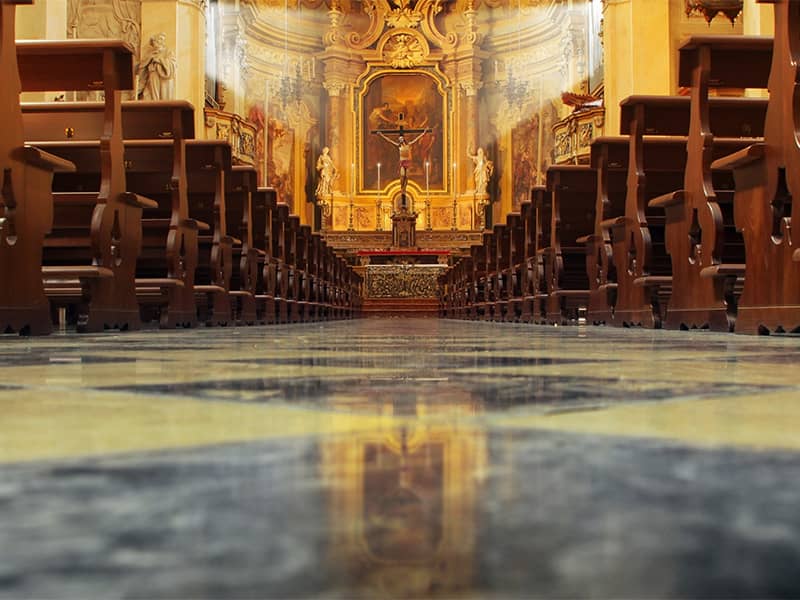More than 300 people were killed, according to police and hospital sources, while witnesses say the actual toll could run much higher. More than 1,000 buildings were reported burned.
Army troops and policemen, some traveling in armored personnel carriers, patrolled Kaduna's streets Wednesday, and no outbreaks of fighting were reported. Nearly 200 individuals have been arrested in connection with the violence.
Schools and many businesses were closed and parts of the city remained tense, but some stores reopened, and cars lined up at gas stations that had been shut since the weekend.
Hundreds of homes were badly damaged or destroyed in three separate residential parts of the city that suffered heavy fighting Monday and Tuesday.
The latest clashes were a revival of bitter religious bloodletting in Kaduna in February triggered by plans to implement Islamic law, or sharia, in some northern Nigerian states that are divided between Muslims and Christians. Up to 2,000 died in those clashes.
Many residents expressed fears that additional attacks could be launched by ``fake soldiers''--civilians who have dressed in military uniforms, entering neighborhoods and setting homes ablaze.
On Wednesday, a pickup truck was carrying away corpses for a mass burial in Barnawa, a residential area on the edge of town that was badly hit.
At the Barraudikko Specialist Hospital, a supervisor said authorities had already come to collect bodies for another mass burial.
The supervisor, who declined to give her name, said the hospital was under strict instructions not to give the bodies to relatives. During the rioting in February, bodies sent to the eastern city of Aba sparked retaliatory violence.
The hospital's morgue had space for only 18 bodies, forcing the staff to stack additional dead in the hallway outside, the supervisor said.
The police and government have been reluctant to give an official death toll, fearing it will only inflame passions.
But hospital and police officials, speaking on condition of anonymity, said the death toll had topped 100 by late Tuesday. Witnesses, including local journalists who have visited the worst-hit areas, said the actual figure was likely to be much higher.
Residents sifted through the fire-blackened rubble of their homes Wednesday, carting off anything that hadn't been destroyed. On the streets, victims tried to round up pickup trucks to take them and their belongings to safer areas.
Fighting broke out Monday after some residents in the predominantly Christian neighborhood of Narayi blamed Muslims for an earlier killing of a local man, police commissioner Mohammed Shehu said.
Armed with clubs, stones and machetes, the Christians attacked and burned homes of Muslims from the Barnawa community, who in turn launched reprisals. On Tuesday, the fighting spread to other areas.
Kaduna State Governor Ahmed Mohammed Makarfi met with religious and ethnic leaders Tuesday and imposed an 8 p.m. to 8 a.m. curfew.
Under sharia law, new courts were created to try criminal cases involving Muslims and mete out punishments. Sharia supporters have said the laws would only apply to Muslims, but the calls for sharia angered and frightened Nigeria's Christians.
The new courts have already handed down sentences such as floggings, and a convicted cow thief had his hand amputated.
The fighting in February was also linked to Nigeria's web of ethnic disputes and the North's waning power since democratic rule was instituted last year.
Southern Nigeria is predominantly Christian, and northern Nigeria is overwhelmingly Muslim. Northerners dominate Nigeria's military, and wielded immense power during the 15 years of army rule, which ended last year with President Olusegun Obasanjo's election.

